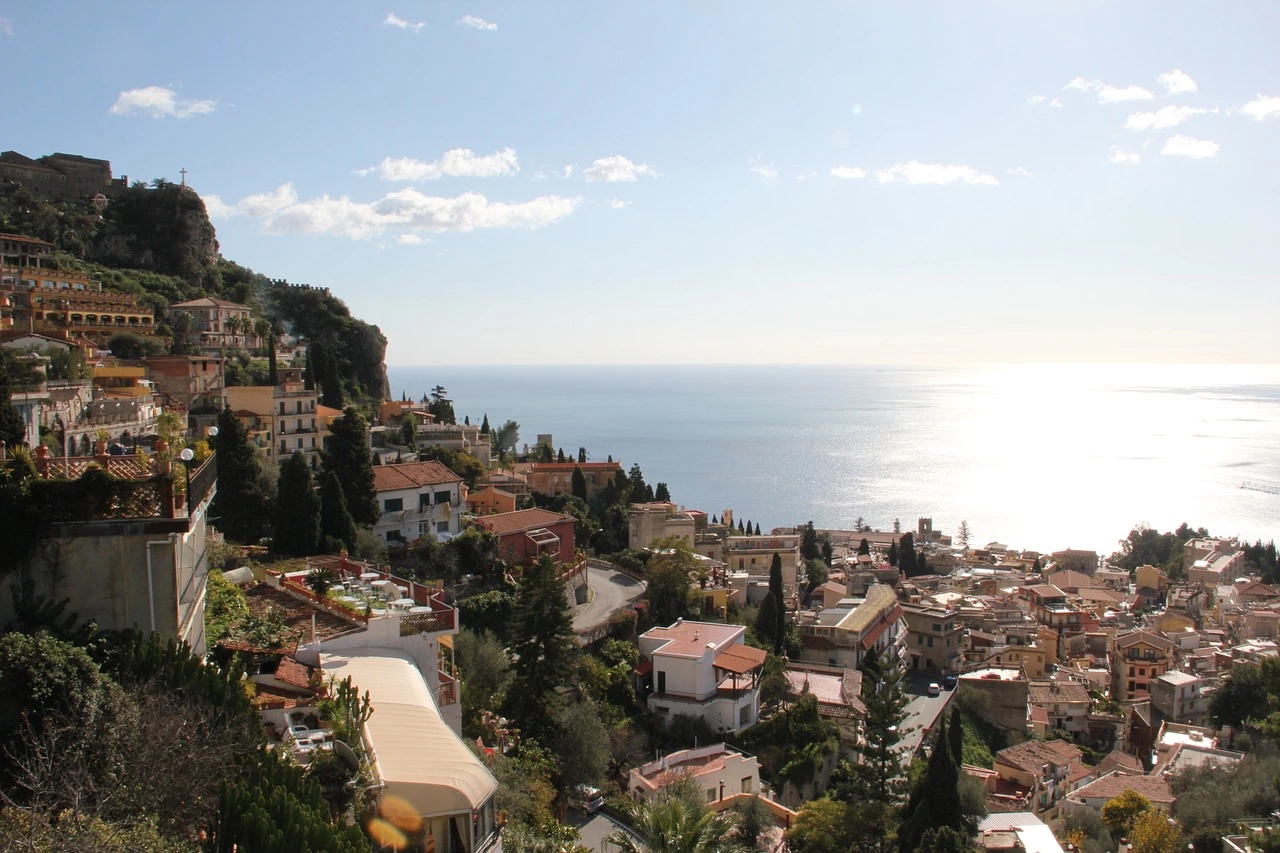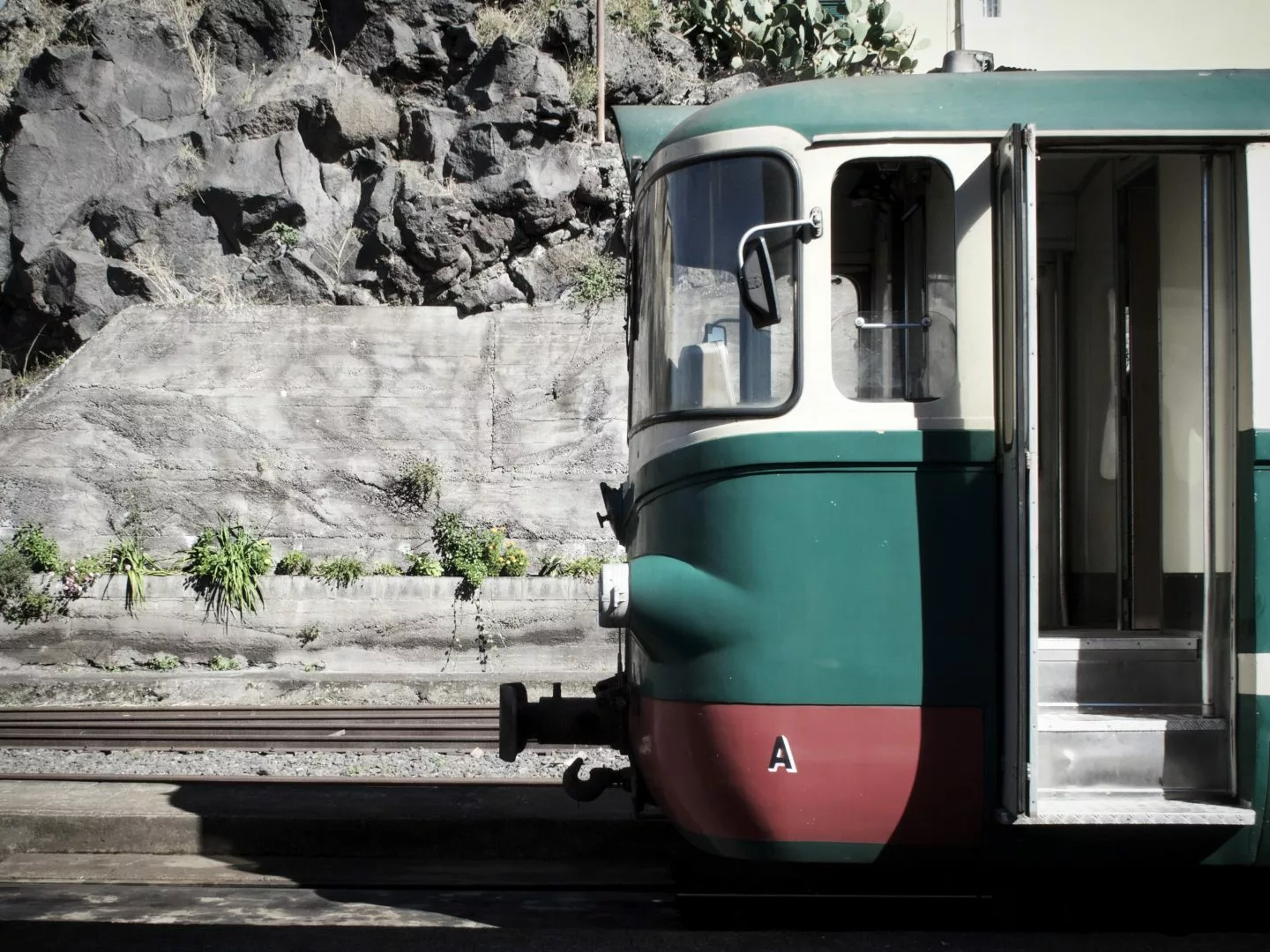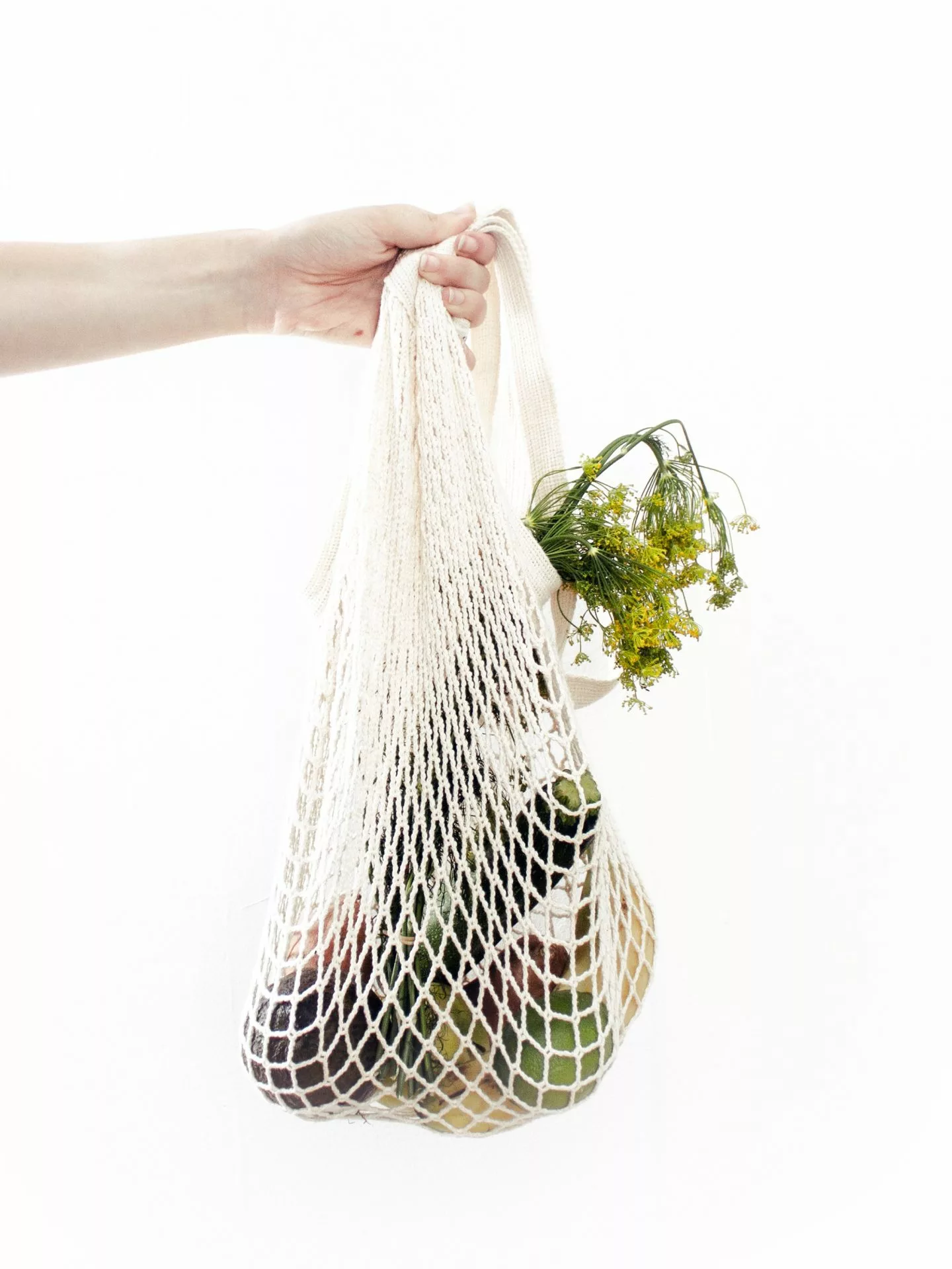This post has been written in collaboration with Emily Jones.
Travelling has become much easier over the years, allowing us to visit and discover all parts of the world, but something that not many people think of when travelling is the ecological impact they leave behind. Ecotourism is centred around bringing conservation, tourism and communities together to promote a sustainable travel industry by supporting local businesses and cultures. Italy’s southernmost island, Sicily, offers some of the world’s most significant cultural and historical experiences, and is somewhere people travel from across the globe to visit. It’s important to remember, however, to respect Italy and Sicily’s centuries-old history while visiting and to contribute financially to the conservation of its cultural heritage.

Many hotels, hostels and travel properties all over the world, including in Italy, have started paying more attention to their environmental impact. When it comes to choosing where to stay on your travels, it’s a great idea to pick sustainable accommodation such as an ‘Agriturismo’ or privately owned farm stay. Italy is home to tonnes of beautiful agriturismi, especially around Tuscany and central Italy; they provide travellers with delicious local food and even offer the chance to see how mozzarella is made and how olives are harvested for oil. Places like agritourismi promote an appreciation for local production techniques and produce, and give travellers the opportunity to experience a side of the country that they wouldn’t necessarily otherwise see. Sicily, on the other hand, is filled with many privately owned villas which can be rented for a holiday – and the majority of these also feature beautiful swimming pools. Online tools such as Wishsicily display the best offers of villas in Sicily, and are a great resource for travellers. Staying in a privately owned home instead of a hotel is one of the best ways to reduce your ecological impact; the sheets and towels are not changed and washed every day, which saves a lot of water, and the same goes for shampoo and body wash bottles, which aren’t replaced each day.


Another great way to travel in a more sustainable way is to use public transport, which is offered in most cities in Italy. Buses, trams, water taxis and the metro all have a significantly smaller impact on the environment than renting a car. If you really find you need to rent a car to get about, request a hybrid car or the most fuel-efficient one available to avoid polluting the atmosphere. Walking around is also a fantastic way of experiencing the local atmosphere and probably the most eco-friendly option there is!


Supporting the local economy is another great way to travel sustainably, and this is especially easy in Italy as many local artisans sell their products through independently-owned stores. Buying from local producers helps them keep their centuries-old traditions alive, and fight against chain stores and illegal vendors who are threatening to ruin the economy. Food is a huge part of any travel experience, so choose locally owned and operated restaurants to help keep local businesses alive – this will also help to reduce carbon emissions as the best seasonal ingredients are sourced from nearby, rather than transported by air or road over long distances.


There are TONNES of other things you can do to make your travelling experience a little more environmentally friendly before you even head off; pack light in order to reduce the weight on the plane (this helps to lessen the carbon emissions produced by the flight), include your reusable cutlery, coffee cups and drinks bottles in your luggage to reduce plastic waste, and take your own bath and body products. While you’re away, avoid using plastic bags at local markets, instead opting for reusable versions, remember to turn off the lights and TV in your accommodation, and keep showers short and sweet!
There’s no denying that travelling to new places is a brilliant experience, but it’s more important than ever that we’re conscious of our environmental footprint. If we want to keep enjoying new places, their history and local traditions, it’s important to make as many sustainable and ethical choices on the journey as possible; this way countries and cities can continue to welcome travellers without having to compromise their ecosystem.
Have you got any tips for sustainable travel? What’s your favourite eco-travel must-have? Let me know in the comments!
